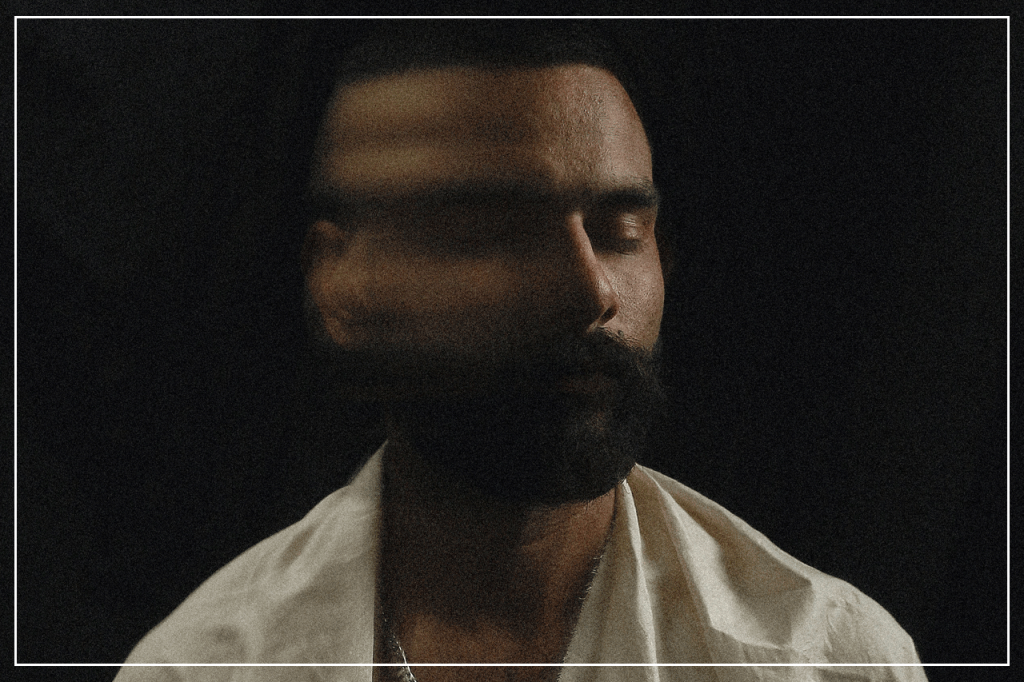Maybe Who You Think You Are is Based on a Cognitive Distortion
To review my previous blog on Vedanta and cognitive therapy… You may recall that I said that cognitive therapy is based on: what you think, is what you feel. If you correct your thinking, i.e. cognitive distortion, you will change how you feel. What’s that have to do with Vedanta? Vedanta takes it a step beyond. It says- who you think you are, is based on what you think. Not only that. The world you perceive itself is a collection of thoughts. You and the world are nothing but a collection of thoughts. Literally your identity. If so, what happens if who you think you are is based on a cognitive distortion? And, it is… because it’s built into the system… nobody’s fault… once again, a big con job.
As you might imagine, you’re likely to think you are something you’re not. Again, the operative word is think. Vedanta says that believing your thoughts without thinking about them is ignorance. A fundamental cognitive distortion that is the basics of you and the world, both good and bad. So how to go about correcting that distortion? As I described, psychology can offer some early insight; Vedanta takes it to the next level…all the way to complete freedom for the individual (psychological), and from the individual ( moksha/ freedom). How is this accomplished?
It’s About Being Your Best Self, Not Perfect
In the previous blog, I attempted to explain how psychotherapy could aid in the process of what Vedanta calls “qualifications.” To review these means developing the following: the ability to discriminate, be dispassionate and control the mind and senses. This is an ongoing process and you will need to monitor these qualities throughout your practice. A word of caution: this is not about perfection, it’s about being as good as you can possibly be. You will have to find a happy medium. A simple example is as follows; let’s say you are in the middle of a contentious relationship. Your ability to discriminate, to be dispassionate and clear- minded are likely to be impaired. So… first things first. Perhaps it would be helpful to get some psychotherapy – ideally, to resolve your conflicts, and to free your mind in order to discriminate, etc…
Now you’re back on the Vedanta bus…Ready to go… Most importantly, to maintain your qualifications. The initial Vedanta practices are essential…Karma yoga, Bhakti yoga, and Guna yoga. As I explained in the previous blog, the combination of initial Vedanta practices and psychotherapy work well together, as they are complimentary…the whole is greater than the sum of its parts. In fact, I may be guilty of blending these two fields because I see them as a continuum of human growth and potential.
Avoid Bias Contamination
If you don’t clean up your act on the psychological level…your cognitive bias on the emotional level…how might you think that will affect your understanding of Vedanta? Well, let me tell you. As you might imagine, that cognitive bias will continue in your study of Vedanta and your understanding of its principles will be contaminated with bias. You’ll be led in circles…and down blind alleys. Your practice will not bear fruit. This is a common-place phenomenon in many spiritual practices. What do I mean by that?
Many spiritual practices ignore the psychological realm, emphasizing only the spiritual. People would rather ignore the ugly bits, their unresolved emotional conflicts, and complexes. Once again, the so-called spiritual bypass rears its ugly little head. Ironically, it reflects as fundamental misunderstandings and the belief that the psychological realm can be ignored…that the spiritual world trumps the psychological world. Let me give you an example. The most extreme that I can think of is a category of spiritual leaders who call themselves “crazy wisdom” masters. This phenomenon is not unique to them. Their claim to enlightenment gives them permission to act out emotional pathology and to call it “a teaching.” These behaviors range from encouraging dependence to outright abuse.
Dependence can even drift into abuse. At best, this will result in confusing ignorance with wisdom, and at worst, it will create victims of abuse… all based on a cognitive distortion, that if corrected, could either prevent or correct the problem. What’s the distortion? Just a few examples: that the teacher is “enlightened,” and whose behavior can’t be questioned; and that the abuse is part of the “trainingteaching.” This is a pernicious process that if left unchecked can spread and destroy spirituality communities. This an important but extreme example. Psychologypsychotherapy can be a valuable aid in correcting these distortions, and it is critical that they be corrected.
Most scenarios are more subtle. So consider the possibility that if you are stuck in your study of Vedanta or in any spiritual system, there’s probably significant cognitive distortion creating emotional confusion. Remember, cognitive distortion is a given… some distortions are worse than others. In fact, it’s unlikely and maybe unnecessary that all distortions will be eliminated… take care of the big ones standing in your way. Get feedback from teachers, fellow travelers, or mental health professionals. If you are uncertain, there will likely be some agreement or common ground among them to indicate you’re on the right track. I need to emphasize that Vedanta itself has a system of ethical guidelines…dharmas…that should be used as a reference to monitor your behavior and to bring it into alignment with your highest value. Like qualifications, it is a way of monitoring your behavior and recommending corrections. Again, it’s about being good enough, not perfect.
